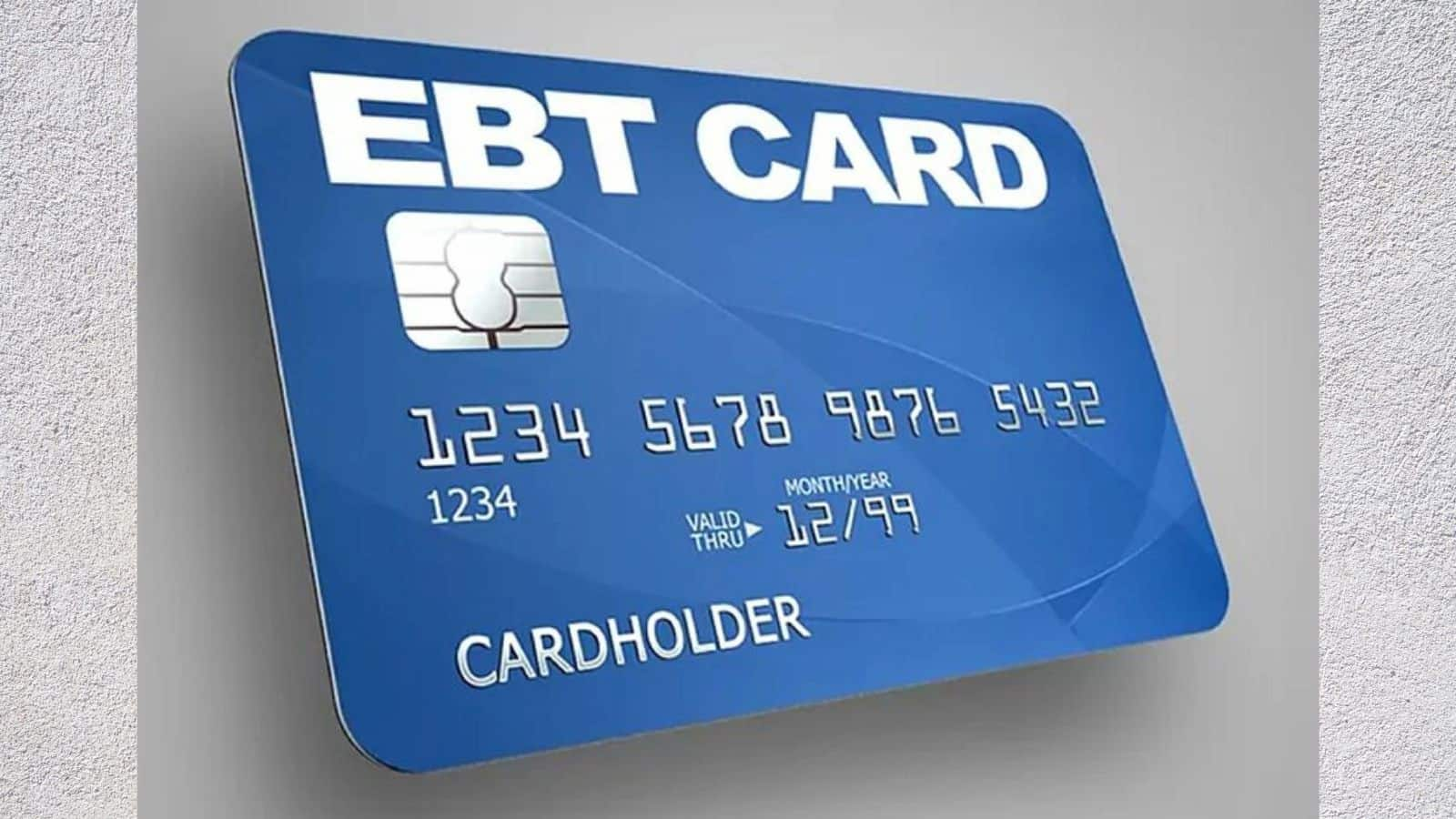Student Loans Forbearance: If you’ve checked your student loan account and noticed that your balance is listed as “in forbearance,” you might feel a little confused or even worried. But don’t panic. This status doesn’t mean something is wrong with your loan. In fact, it just means your payments are on pause for now. This break can be helpful, but it’s important to know why it’s happening and how it can affect you later.
What is Forbearance?
Forbearance is a temporary way to stop or lower your student loan payments. It’s not forever, and it doesn’t erase your loan. It just gives you a short break. This can happen when someone is having money problems, like losing a job or having surprise medical bills.
Why Student Loans Could Hurt Your Credit When Buying a Home And How to Fix It
Loan companies might also put loans in forbearance if they are dealing with issues behind the scenes, like fixing mistakes or changing systems. These pauses are usually short, and most of the time, you don’t need to do anything unless the loan company contacts you.
Some people are seeing their loans in forbearance because of legal or government changes. For example, if you applied for the SAVE repayment plan, your loan might have been paused while the courts decide what to do with that program. In these kinds of situations, borrowers don’t have to make payments, and sometimes interest doesn’t build up either.
Understanding Forbearance
Even though forbearance helps for a little while, it’s not a way to get rid of your loan. Most of the time, interest keeps growing while you’re not paying. When that interest adds up, it can get added to your loan later, which means you’ll owe more in the long run. This is called capitalization. So even if you’re not making payments now, your loan can still get bigger.
Also, if you’re hoping to get your loan forgiven through programs like Public Service Loan Forgiveness (PSLF) or Income-Driven Repayment (IDR) forgiveness, you should know that months spent in forbearance usually don’t count toward those programs. So, taking a break now might mean it takes longer to have your loan forgiven later.
“Forbearance doesn’t indicate your loans are in trouble—it simply means that payments are temporarily paused.” That’s good to remember. But it’s also important to stay on top of things. If your forbearance ends and you don’t start paying again, that could hurt your credit.
Which Student Loans Consider Your Financial Need? Here is how to Afford College
Sometimes, your loan company might put your loan in forbearance without you asking, especially if there are billing issues or they’re handling a large number of applications. These kinds of forbearance don’t always require action on your part. But if you’re dealing with personal money problems, you can ask your loan company for general forbearance. Just know they don’t always have to say yes.
Think Carefully Before You Rely on Forbearance
While forbearance can feel like a relief, it’s not a free pass. It can give you time to get back on your feet, but it also has long-term effects. The interest might make your loan more expensive, and it might slow down your progress if you’re working toward forgiveness.
Still, it’s a helpful option for people who need short-term help. Just make sure you know why your loan is in forbearance and what that means for your future payments.




